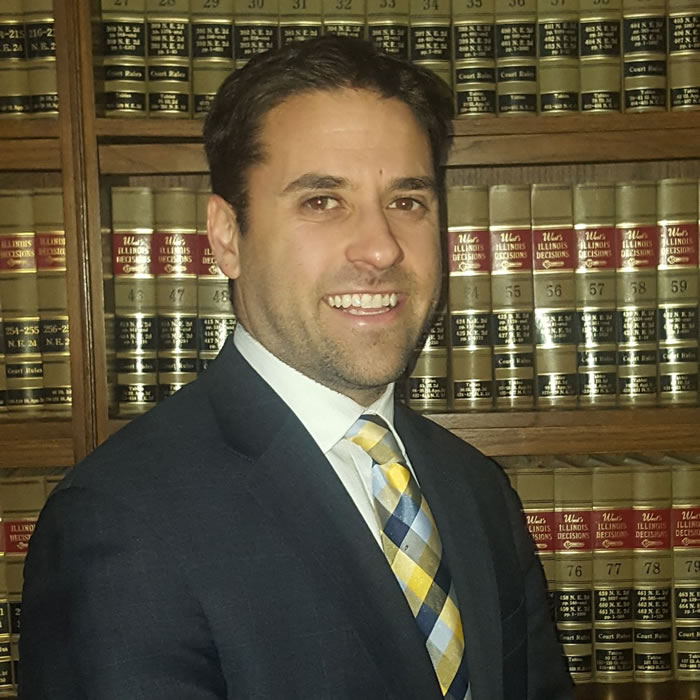Who besides an owner might be liable for dog bite injuries?
Dogs are animals, and as such, they are capable of doing things like biting people. Provoked or not, they have responses and instincts that we don’t always understand and cannot always control. As such, people have a responsibility to take reasonable measures to secure animals and minimize the risk that they could attack or bite anyone.
Often, it is an animal’s owner that has the legal obligation to control his or her pet. However, there could be other people liable in the event of an animal attack.
Other parties who may be liable
In most cases, the owner of an animal will be liable if that animal attacks and injures someone. However, other people who might carry some responsibility include:
- A property owner who allowed the animal to stay on his or her property
- A person tasked with temporary care of the animal, like a sitter or foster provider
- Animal rescue organizations
In some cases, third parties can be held liable for attacks, in addition to a dog’s owner.
For instance, a 5-year-old girl was mauled by a pit bull in an airport back in 2017. The girl suffered serious injuries, and her mother filed a lawsuit against the dog’s owner as well as the port district and an airline. The suit claims that the airline allowed the woman to travel with her pit bull as an “emotional support animal.” As such, the dog was not in a crate at the time of the incident.
The lawsuit is seeking more than $1 million in economic and non-economic damages. The airline is among others who have since updated their policies on emotional support animals to prevent future incidents.
Understanding your legal options
This devastating case is an example of how crucial it is to discuss liability matters with an experienced personal injury attorney in Belleville, IL. Not only could there be substantial damages at stake, there could be multiple parties who may hold responsibility for an incident.
Citing all liable parties in a legal claim could increase the chances of collecting a full award. It could also prompt non-owner parties to adjust policies that could prevent future incidents from occurring.

Daniel C. Katzman is a Partner at Katzman & Sugden, LLC and is licensed to practice law in Illinois and Missouri. Daniel was born and raised in Belleville, Illinois where his dad, Steven E. Katzman has had his law office for over 40 years. Daniel joined the law firm of Katzman & Sugden, LLC after receiving his J.D. from St. Louis University School of Law in 2011, where he earned certificates in Health Law and Employment Law. Prior to that, he received his undergraduate degree in Health: Science, Society & Policy from Brandeis University in Waltham, Massachusetts. Combining his background in health policy and law, Daniel focuses his practice on assisting clients who have been injured through no fault of their own. He is admitted to practice law in Illinois, Missouri, the United States District Court for the Southern District of Illinois, and the United States District Court for the Eastern District of Missouri.
